sukumara kurup
sukumara kurup
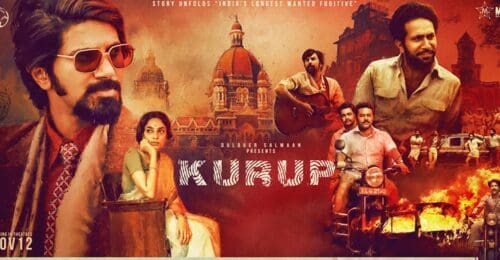




Gopalakrishna Kurup, also known as Sukumara Kurup, stands as an elusive figure in the realm of Indian fugitives, infamous for orchestrating the Chacko murder.
His notoriety places him among the most-wanted criminals in the Indian state of Kerala, having successfully evaded police custody since 1984.
Sukumara Kurup, born in 1946, hails from Cheriyanad, Chengannur, Alappuzha, Kerala. With a proclivity for adventure, he embarked on a pre-degree course and later enlisted as an airman in the Indian Air Force.
Standing at approximately 5’8″, Sukumara displays salt-and-pepper hair and black eyes.
Born into a middle-class Malayali family belonging to the Nair community in Kerala, little is known about Sukumara’s parents and siblings.
Sukumara’s romantic escapade led him to Sarasamma, a nurse he married in secrecy against his family’s wishes.
The couple faced ostracization after Sukumara was accused of the Chacko murder. They have two sons, with Sunit Pillai being the younger one.
Commencing his career as an airman, Sukumara’s trajectory took a renegade turn when he failed to return to duty after an extended leave.
Resorting to bribery, he forged his death and changed his identity to ‘Sukumara Pillai’ before migrating to the Gulf.
Sukumara’s career in Abu Dhabi as an executive in a marine petroleum company ensured a comfortable lifestyle.
His generosity and lavish spending earned him a superior social and economic standing, marked by grand gestures like buying land and an Ambassador car.
Faced with financial strains during his house construction and impending layoffs in the Gulf, Sukumara sought rapid wealth.
Intrigued by a German financial embezzlement case, he conceived a plan involving faking his death to claim insurance money.
Inspired by a case where a man faked his death to claim insurance, Sukumara laid the groundwork for a similar scheme.
On January 21, 1984, Sukumara, along with accomplices, killed Chacko to stage his own death and claim an insurance payout.
Despite his escape, his associates faced imprisonment.
Sukumara’s elaborate plan involved luring Chacko into an Ambassador car, administering a fatal concoction, and subsequently burning the body beyond recognition.
Initial suspicions of Sukumara’s demise were dispelled through post-mortem findings.
Police investigations unveiled a staged crime scene and Sukumara’s family’s peculiar behavior.
Numerous theories about Sukumara’s whereabouts emerged, ranging from monkhood in Nepal to conversion to Islam in Saudi Arabia.
Reported sightings, including medical treatment in Ranchi, contributed to the mystery.
Remaining untraceable since 1984, Sukumara’s name became synonymous with eluding the law.
His son’s wedding card listed him as “Sukumara Pillai.”
In 2021, a film titled ‘Kurup’ depicted his life, drawing legal scrutiny for potentially glorifying a criminal.
sukumara kurup fast facts
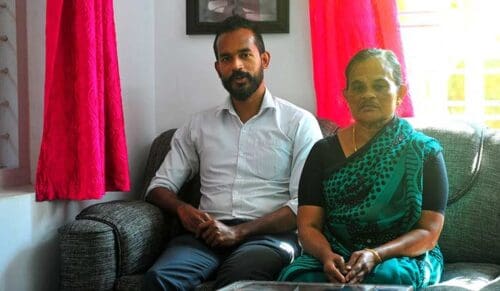
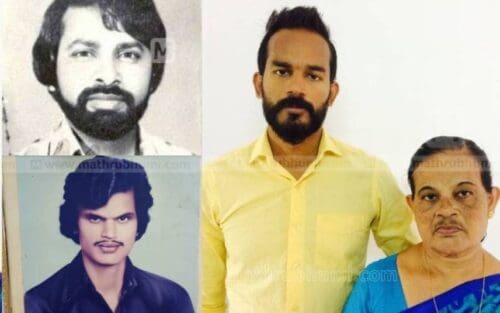
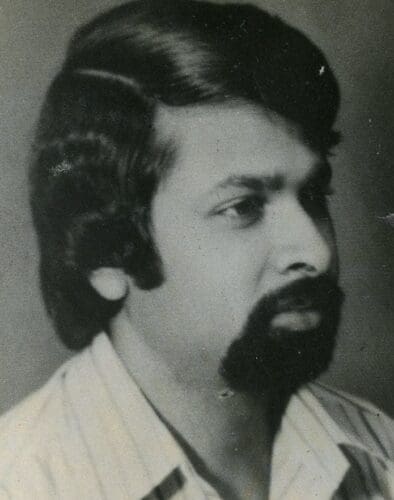
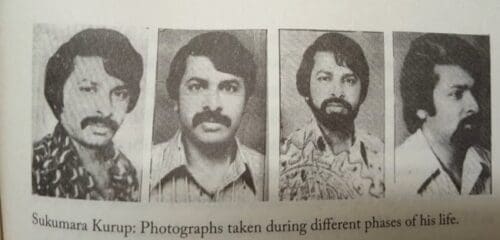
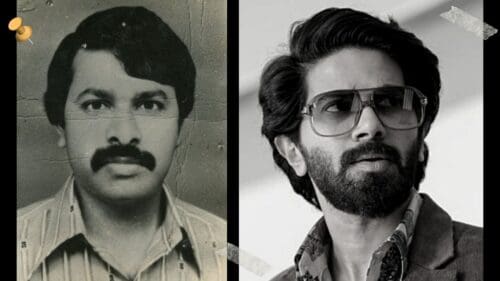
In 2021, the Malayalam film ‘Kurup,’ featuring Dulquer Salmaan in the lead role, premiered on over 1,500 screens not only in Kerala but also worldwide.
Marking the first theatrical release in Kerala post-lockdown, the movie has garnered acclaim for its meticulously crafted narrative, presenting a real-life antagonist without glorification.
Sukumara Kurup, a name inseparable from crime in Kerala for nearly four decades, has been one of the most wanted criminals since 1984, yet remains elusive, with uncertainty surrounding his current status.
A native of Alappuzha, Kerala, Kurup stands accused in the murder of Chacko, discovered dead in a charred car on January 21, 1984.
The suspicion initially fell on Kurup due to the car’s ownership and the victim wearing his attire.
However, as the investigation unfolded, doubts arose regarding the body’s identity, leading to the revelation that it was not Kurup but someone else.
The victim was murdered elsewhere, intoxicated, and later burned in the car to conceal the identity.
During Kurup’s disappearance, his associates, including brother-in-law Bhaskara Pilla and driver Ponnappan, were arrested.
They admitted to the murder but claimed ignorance about the victim’s identity.
The motive behind the gruesome murder was Kurup’s desire to fake his own death and claim an Rs 8 lakh life insurance policy.
Attempting to procure an unclaimed body resembling him, Kurup’s plan went awry when, on a fateful night, they encountered Chacko, a stranger with a resemblance to Kurup.
Forcibly feeding Chacko liquor and strangling him, the accused set his body and the car ablaze to obscure the victim’s identity.
The police, guided by a missing complaint filed by Chacko’s wife, identified the victim.
Bhaskara Pilla and Ponnappan were convicted of murder, receiving life imprisonment.
Kurup’s wife and sister were acquitted, and Shahu turned approver. Kurup, however, remained elusive, maintaining a mysterious status over four decades.
The government attached Kurup’s under-construction house, now a dumping yard, while the field where Chacko’s body was discovered retains its association with the tragic incident.
The question of how Kurup evaded capture has persisted for years, with varying opinions among investigators.
The delay in realizing the victim’s true identity provided Kurup with a window to flee.
Alleged sightings and detentions were reported but remain unverified.
Biometric data absence, owing to Kurup’s clean record, further complicated immediate identification.
The Kerala Police actively continue the search, dismissing the possibility of Kurup’s demise.
Anonymous calls reporting sightings continue to reach the police, sustaining the mystery surrounding Kurup’s existence.
